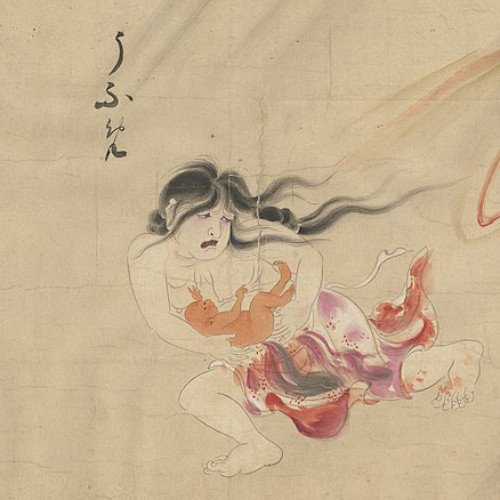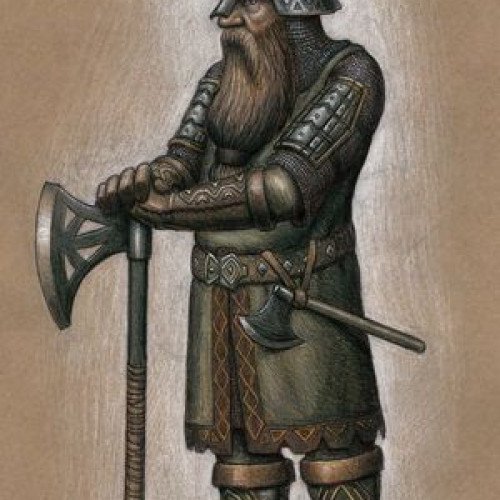Vote on Mythical creatures: Ubume vs Dwarf (mythology)

Ubume
Ubume (産女) are Japanese yōkai of pregnant women. They can also be written 憂婦女鳥. Throughout folk stories and literature the identity and appearance of ubume varies. However, she is most commonly depicted as the spirit of a woman who has died during childbirth. Passersby will see her as a normal looking woman carrying a baby. She will typically try to give the passerby her child then disappear. When the person goes to look at the child in their arms, they discover it is only a bundle of leaves or large rock. The idea that pregnant women who die and get buried become "ubume" has existed since ancient times; which is why it has been said that when a pregnant woman dies prepartum, one ought to cut the fetus out the abdomen and put it on the mother in a hug as they are buried. In some regions, if the fetus cannot be cut out, a doll would be put beside her.
Statistics for this Xoptio

Dwarf (mythology)
In Germanic mythology, a dwarf is a human-shaped (usually bearded) entity that dwells in mountains and in the earth. The entity is variously associated with wisdom, smithing, mining, and crafting. Dwarfs are sometimes described as short and ugly, although some scholars have questioned whether this is a later development stemming from comical portrayals of the beings. Dwarfs continue to be depicted in modern popular culture in a variety of media. In the mythological and later fantasy literature context, the term is sometimes pluralized to dwarves (a usage popularized by J. R. R. Tolkien) to better distinguish from everyday persons with dwarfism.